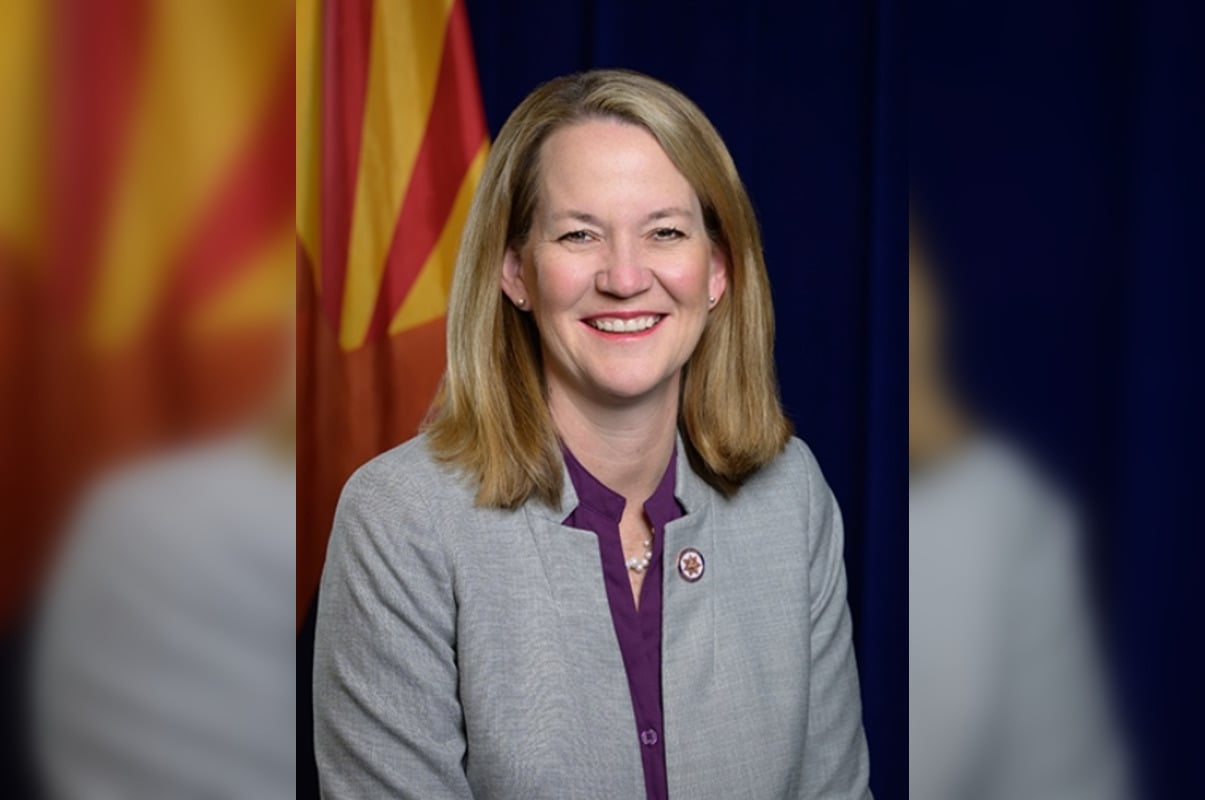A federal judge in Massachusetts has mandated that the U.S. Department of Agriculture (USDA) utilize its emergency funds for the Supplemental Nutrition Assistance Program (SNAP) to ensure the program continues operating during the ongoing federal government shutdown. The court ruling compels the USDA to find alternative funding sources if these emergency funds fall short for the month of November. The agency is required to present its plan to the court by tomorrow.
According to a press release from the Arizona Attorney General’s Office, Arizona Attorney General Kris Mayes announced that her office, along with a coalition of 26 states, successfully challenged the actions of the Trump Administration. The court determined that the administration acted unlawfully by attempting to suspend SNAP benefits, despite the existence of available emergency funding. This legal action contended that halting benefits was a violation of federal law and the Administrative Procedure Act.
SNAP is a crucial lifeline for approximately 12% of Arizona’s population, providing assistance to around 900,000 residents, including 30,000 veterans. In Arizona, a significant portion, about 40%, of SNAP funding is allocated to support children, and the program also facilitates transactions at over 4,600 retailers that accept Electronic Benefits Transfer (EBT) cards.
The court noted that the USDA’s contingency fund may not be sufficient to cover the November benefits for all states. Consequently, the federal government must clearly outline its strategy by tomorrow to prevent potential disruptions that could impact 42 million Americans who rely on SNAP.
In her statement, Mayes emphasized the importance of the ruling for food security in Arizona. She stated that the USDA must develop a comprehensive plan to ensure that benefits are distributed without interruption. Mayes reaffirmed her office’s commitment to protecting SNAP recipients in Arizona and the coalition’s determination to uphold their rights.
As the government shutdown continues, the implications for food assistance programs remain critical. This ruling highlights the ongoing legal battles surrounding SNAP and the necessity for federal agencies to maintain essential services for vulnerable populations.




































































